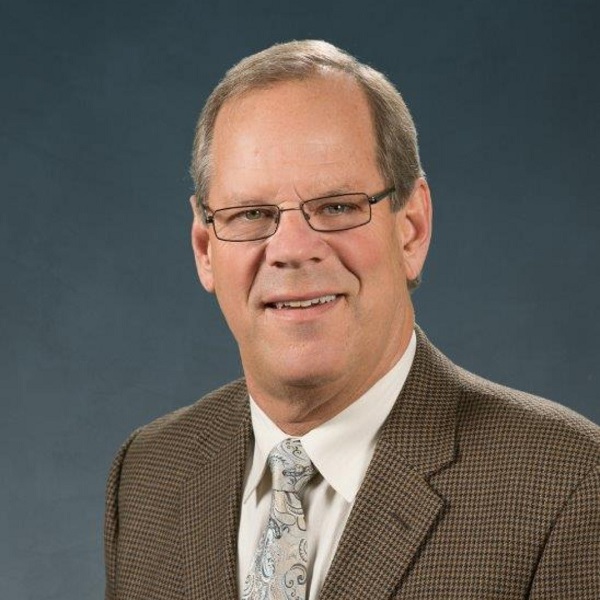Here's a short Q&A with Jeff Hall, APPA Policy Makers Council Chair and Commissioner for Benton Public Utility District in Washington:

What is your role at Benton PUD?
I am one of three elected nonpartisan commissioners at Benton PUD in Washington. I have been serving for 21 years. Benton PUD is a public utility district and serves more than 55,000 customers in Kennewick, Finley, Benton City, Prosser, and outlying areas. Benton PUD became a locally owned, non-profit operating utility in September 1946.
How did you get involved with APPA and the Policy Makers Council?
I got involved in APPA’s Policy Makers Council (PMC) at the recommendation of a fellow commissioner. Our utility has been a member of APPA as long as I've been on the commission.
What do you see as the primary function of the PMC?
The primary function of the PMC is to advocate the priorities and concerns of APPA with our country's federal policymakers. The PMC is a group of 45 elected or appointed officials from across the country. We’re all policymakers who make the decisions for the public power utilities that deliver electricity to our local communities. The PMC meets twice a year in Washington, D.C.
How does your work affect the Benton community (and public power utilities across the country)?
My work with Benton PUD is to set policies with my fellow commissioners that keep the power we provide safe, affordable, and reliable. I’ve also taken on an advocacy role with the regional and national groups — such as APPA — I've served with.
What’s the number one public power policy priority from your perspective?
The unprecedented supply chain crisis — especially the shortage of distribution transformers — was an especially hot topic. Lead times for the purchase of distribution transformers have increased from three months to beyond a year and one in five new public power infrastructure projects have been delayed or canceled. Electric utilities need help from the federal government and manufacturers. APPA is urging Congress to fund Defense Production Act authorities to immediately address the labor and materials shortages to increase the production of distribution transformers. We are also asking the Department of Energy to pause a rulemaking to increase the energy efficiency standards of distribution transformers because it will only exacerbate the shortage.
How did the July fly-in go?
We had a very productive fly-in this year. The fly-in is held in July every year as Congress wraps up its agenda before breaking for the August recess. It allows members of the PMC to engage with their elected representatives and communicate the concerns of their constituents. Around 30 members of the PMC attended this year’s event and held meetings with their congressional delegations. As fellow elected officials, members of Congress are usually very eager to hear from PMC members how things are going “on the ground” back in their communities. This year, we had five key messages to cover, in addition to discussing issues specific to the Pacific Northwest: addressing climate change through federal policies (including implementation of the elective pay tax credit created in the Inflation Reduction Act), energy infrastructure permitting reform, financing infrastructure investments, grid security and addressing the supply chain crisis.
What’s next for the PMC?
We have monthly virtual meetings with the APPA staff and are kept abreast of important legislation that affects the public power community in case we need to make direct contacts. The next time the PMC will meet will be at the APPA Legislative Rally in February, which is the main annual public power legislative fly-in where APPA members come to Washington. The fly-in in July is a smaller, stand-alone event just for PMC members.
Learn more about APPA’s advocacy priorities.
